The Supreme Court of the Russian Federation has tightened its approach to the heads of abandoned organizations: now the exclusion of a company from the Unified State Register of Legal Entities does not exempt the ex-director from subsidiary liability to creditors. Read more about the tightening of the Supreme Court’s approach and the responsibility of the former head in the article.
What is an "abandoned" company?
An "abandoned" company is an organization whose bank accounts have not been used for a year, and also have not submitted tax reports. Such a legal entity is subject to exclusion from the Unified State Register of Legal Entities, which, accordingly, leads to the complete termination of the company’s activities. However, many "abandoned" companies have debts to creditors: until now, the Supreme Court has expressed a rather soft position towards former directors of such companies.
What is subsidiary liability?
If the "abandoned" company excluded from the Unified State Register of Legal Entities had debts, creditors can apply to the court with a claim for their repayment: The court may hold the former director vicariously liable and oblige him to repay the debt. It is important to note that such a court decision is possible if there is evidence of unfair actions by the head, which led to the presence of debts. So far, the Supreme Court has maintained the position that it is creditors interested in debt repayment who must prove the guilt of the former director.
What has changed?
On July 27, the Supreme Court published a ruling on the debts of an abandoned company, which changes the approach to considering claims for subsidiary liability of ex-heads of "abandoned" companies. According to the ruling:
This determination followed the consideration by the Supreme Court in 2018 of the case of Krymdorstroy LTD and DRSU-Krym: the company recovered 5.5 million rubles from DRSU-Krym through the court. However, the debt was not paid, and the company was soon abandoned and ceased operations.
Krymdorstroy LTD tried to bring the director of the DRSU to subsidiary liability, but the courts of three instances sided with the former director of the abandoned company: the creditor did not prevent the exclusion of the debtor company from the Unified State Register of Legal Entities, and also had no evidence of the guilt of the former head.
The case reached the Supreme Court, which overturned the decisions of previous instances and recognized the creditor’s claims as justified.
This case and the subsequent Supreme Court ruling make significant adjustments to the business process: clarifying the position of the Supreme Court of the Russian Federation may affect the increase in risks for dormant companies and their managers. In addition, the presence of accounts payable and interaction with creditors requires special attention when conducting the business liquidation process. Acsour experts have extensive experience in business reorganization and liquidation, including complex cases. To determine the presence of risks and the correct conduct of the liquidation procedure, contact our specialists.
What is an "abandoned" company?
An "abandoned" company is an organization whose bank accounts have not been used for a year, and also have not submitted tax reports. Such a legal entity is subject to exclusion from the Unified State Register of Legal Entities, which, accordingly, leads to the complete termination of the company’s activities. However, many "abandoned" companies have debts to creditors: until now, the Supreme Court has expressed a rather soft position towards former directors of such companies.
What is subsidiary liability?
If the "abandoned" company excluded from the Unified State Register of Legal Entities had debts, creditors can apply to the court with a claim for their repayment: The court may hold the former director vicariously liable and oblige him to repay the debt. It is important to note that such a court decision is possible if there is evidence of unfair actions by the head, which led to the presence of debts. So far, the Supreme Court has maintained the position that it is creditors interested in debt repayment who must prove the guilt of the former director.
What has changed?
On July 27, the Supreme Court published a ruling on the debts of an abandoned company, which changes the approach to considering claims for subsidiary liability of ex-heads of "abandoned" companies. According to the ruling:
- Creditors have the right to file a lawsuit against the former head, even if they did not prevent the exclusion of the company from the Unified State Register of Legal Entities.
- Creditors who have documents on debts are not required to prove the guilt of the ex-director. Now the former head must prove his innocence.
This determination followed the consideration by the Supreme Court in 2018 of the case of Krymdorstroy LTD and DRSU-Krym: the company recovered 5.5 million rubles from DRSU-Krym through the court. However, the debt was not paid, and the company was soon abandoned and ceased operations.
Krymdorstroy LTD tried to bring the director of the DRSU to subsidiary liability, but the courts of three instances sided with the former director of the abandoned company: the creditor did not prevent the exclusion of the debtor company from the Unified State Register of Legal Entities, and also had no evidence of the guilt of the former head.
The case reached the Supreme Court, which overturned the decisions of previous instances and recognized the creditor’s claims as justified.
This case and the subsequent Supreme Court ruling make significant adjustments to the business process: clarifying the position of the Supreme Court of the Russian Federation may affect the increase in risks for dormant companies and their managers. In addition, the presence of accounts payable and interaction with creditors requires special attention when conducting the business liquidation process. Acsour experts have extensive experience in business reorganization and liquidation, including complex cases. To determine the presence of risks and the correct conduct of the liquidation procedure, contact our specialists.


